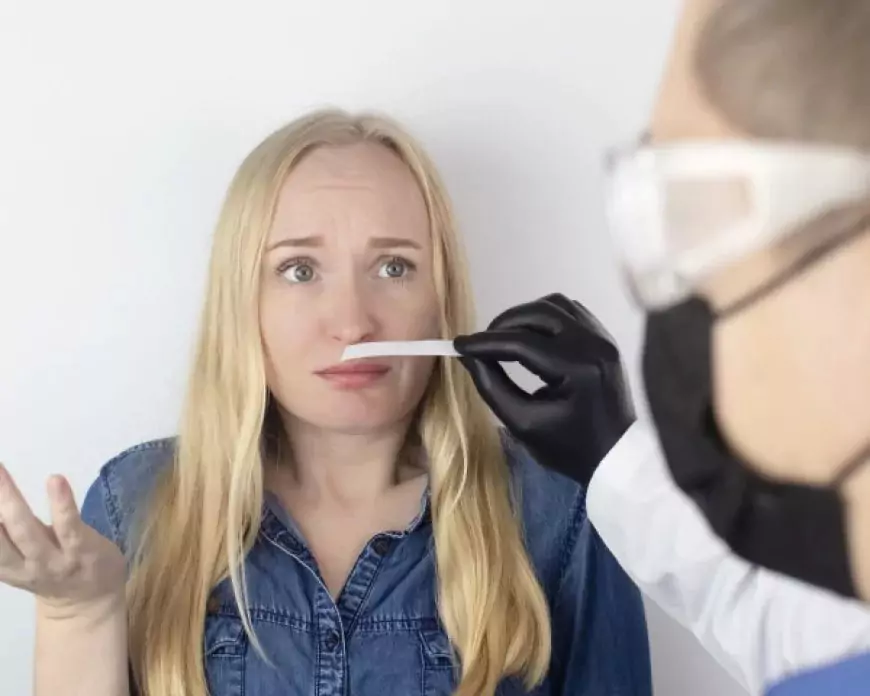Scientists Discover Causes of Loss of Sense of Smell Due to COVID-19
Scientists found the cause of the loss of sense of smell due to COVID-19, the extensive infiltration of T-cells involved in the inflammatory response in the olfactory epithelium.

When Covid-19 hit, the loss of the sense of smell was the earliest detected by the public. In that regard, Duke Health scientists reported an online publication on Dec. 21 in the Science Translational Medicine journal.
Initially, the failure of the sense of smell to function normally when exposed to Covid-19 is still a mystery. At that time, experts suspected Covid-19 affected nerve cells that were directly involved in the sensitivity of odor and tasted sensations until finally, the mystery was answered through the publication of the results of a study released in the journal Science Translational Medicine.
Some of the contributing factors to the loss of sense of smell during Covid-19 include general fatigue, shortness of breath, and brain fog—which similar biological mechanisms may trigger, as senior researcher Bradley Goldstein, M.D., Ph.D., professor in Duke's Department of Head and Neck Surgery and Communication Sciences reports.

Image source:https://corporate.dukehealth.org/
Covid-19 sufferers during the acute phase of viral infection can recover their smell in the next one to two weeks, but some do not recover, even for months to years after being infected with SARS-CoV2.
Researchers analyzed olfactory epithelial samples collected from 24 biopsies, including nine patients who suffered a long-term loss of smell after Covid-19 using sophisticated single-cell analysis in collaboration with Sandeep Datta, M.D., Ph.D. at Harvard University.
The results found the extensive infiltration of T-cells involved in the inflammatory response in the olfactory epithelium, the tissue in the nose where the olfactory nerve cells are located. This unique inflammatory process persists even though no levels of SARS-CoV-2 have been detected.
Another causative factor is that the number of olfactory sensory neurons is reduced, caused due to the destruction of delicate tissues due to ongoing inflammation. It almost resembles some autoimmune process in the nose.
Studying the condition of a patient's damaged organs and the types of cells involved is crucial in determining the appropriate treatment process. The remaining neurons retain some ability to repair themselves even after an immune attack takes place in the long term.
Modulating this abnormal immune response or repair process inside the patient's nose can help partially restore the sense of smell. Additional research on other long-term Covid-19 symptoms is needed, given that many patients experience similar inflammatory processes.
The study received funding from the National Institutes of Health and the Duke Department of Head and Neck Surgery & Communication Sciences. In addition to Goldstein and Datta, the researchers involved in this mission were John B. Finlay, David H. Brann, Ralph Abi-Hachem, David W. Jang, Allison D. Oliva, Tiffany Ko, and Rupali Gupta.

 whsiswanto
whsiswanto